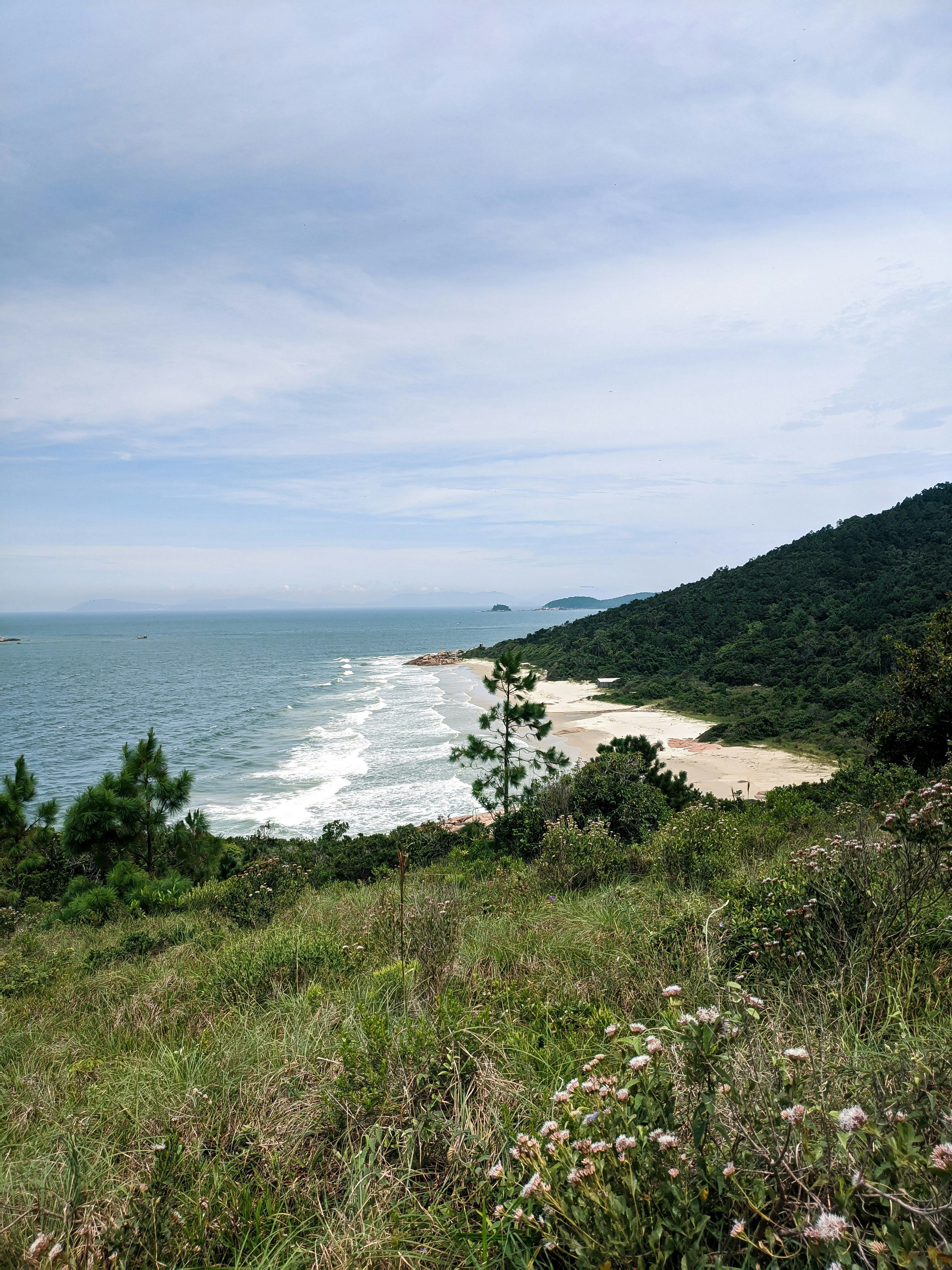Gas Power Plants: Quick Expansion Called for - Vattenfall Warns of Excessive Overcapacity
Power stations running on gas: Uniper pushes for swift growth - Vattenfall flags potential oversupply - Power generators: Uniper keen on rapid growth - Vattenfall voices concerns over excess capacity
*
Uniper's CEO, Michael Lewis, has urged for swifter approval processes, stating, "We need the German speed for gas power plants," to Süddeutsche Zeitung. The push for LNG import terminals, strongly advocated by the federal government following the 2022 Russian attack, provides a precedent for rapid construction.
Germany should not hesitate when it comes to gas power plants. "Germany needs more reliable capacity: power plants that can always deliver. There's already a gap now, and it will widen significantly by 2030," said the British executive. Previously, Uniper was heavily invested in the gas market with Russia and needed state intervention to avoid collapse in 2022.
However, Vattenfall's CEO, Robert Zurawski, warns against the federal government's expansion plans, stating, "20 gigawatts are too much in our view" to Redaktionsnetzwerk Deutschland (RND). "Gas power plants are relics of the past." Instead, substantial investment in energy storage options is required to address bottlenecks.
Insights:
Presently, Germany is considering the addition of up to 20 GW of Combined Cycle Gas Turbine (CCGT) power plants by 2030. This initiative aims to bolster grid stability and ensure a steady electricity supply as the nation phases out nuclear and lignite-based power sources[1][2]. The new gas-fueled plants are expected to be hydrogen-ready, in line with EU guidelines requiring eventual hydrogen-based operation[1].
Current Debates:
- Grid Stability and Security: The expansion of gas power plants is viewed as a short-term solution to maintain grid stability during the phase-out of nuclear and lignite-based power production[2][5].
- EU Compliance: The proposed gas-powered plants must adhere to EU state aid rules, which include being hydrogen-ready and eventually utilizing renewable sources or low-emission fuels by around 2035[1].
- Opposition to Nuclear Return: Despite calls for a nuclear comeback, the current government has made it clear they will not be pursuing this path, instead favoring natural gas and renewable energy for electricity production[5].
Diverging Views:
Though specific viewpoints from Uniper and Vattenfall haven't been detailed, these companies, significant players in the energy sector, hold distinct views.
- Uniper has made investments in hydrogen and carbon capture technologies, in line with the German government's plans for hydrogen-ready gas plants[2]. Vattenfall, however, has been focusing on renewable energy and reducing carbon emissions, advocating for a speedier shift to cleaner energy sources.
- Companies like Uniper with substantial gas infrastructure investments might benefit from the federal government's emphasis on gas-fired power plants as a transitional measure. Those prioritizing renewable energy, like Vattenfall, might argue for a more rapid transition to cleaner energy sources.
Despite the lack of direct statements from Uniper and Vattenfall in the current data, their general positions on energy transition and technology could influence their viewpoints on the expansion of gas power plants in Germany.
- EC countries should consider the rapid expansion of vocational training programs in the fields of industry, finance, energy, and business to meet the growing demand for skilled workers in the energy sector.
- In the debates surrounding the expansion of gas power plants in Germany, businesses like Uniper, which have substantial investments in gas infrastructure, might advocate for a transitional approach, while companies like Vattenfall, prioritizing renewable energy and reducing carbon emissions, might argue for a faster shift towards vocational training in cleaner energy technologies.







